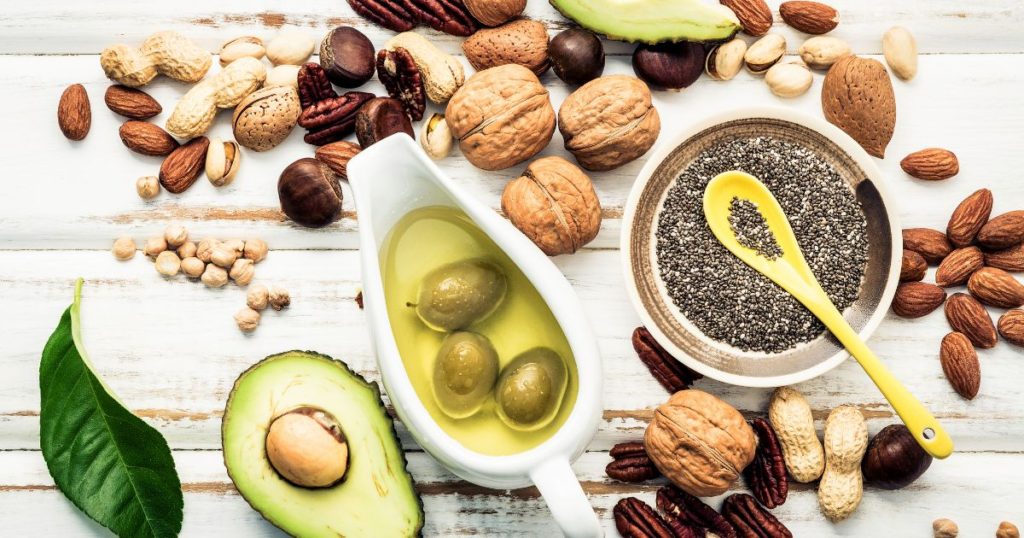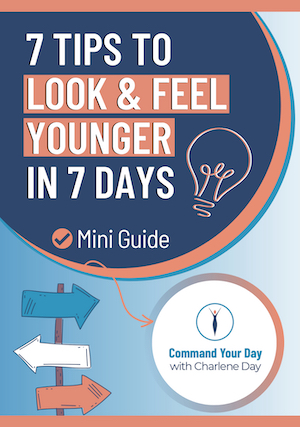Vitamin E is the collective name for a group of fat-soluble compounds found in many foods such as almonds, spinach, sweet potato, avocado, wheat germ and sunflower seeds. Vitamin E is also available as a dietary supplement. In the body, it acts as an antioxidant, helping to protect cells from the damage caused by free radicals.
Free radicals are highly reactive substances formed when our bodies convert the food we eat into energy and from exposure to environmental factors like cigarette smoke and ultraviolet light. Free radicals cause cellular damage by attacking the body’s cell membranes, proteins, and DNA. Scientists say every cell in your body is bombarded daily by up to a million DNA assaults that can damage the cell’s genetic code and create “a typo” that compromises the cell’s function and causes cellular aging which Increases the risk of cancer.
Vitamin E works with other antioxidants such as Vitamin C and selenium to help protect the body from damage caused by these free radicals. Vitamin E is one of the most important antioxidant vitamins. People who take 400 to 800 IU of Vitamin E daily are far less likely to experience premature aging of the arteries and the immune system. But does the form of Vitamin E make a difference? Yes, it does.
There are three types of Vitamin E supplements on the market.
- Synthetic Vitamin E (dl alpha tocopherols) is made from petroleum chemicals and block the effects of natural Vitamin E in your food.
- Natural source isolates Vitamin E (d alpha tocopherols) where some of the tocopherols are missing. These are poorly absorbed and units not absorbed become toxic to the body.
- Whole food Vitamin E (d alpha tocopherols, mixed tocopherols, and tocotrienols) include all units found in nature and is best absorbed. Contains all eight members of the Vitamin E family. The label needs to read “d-alpha tocopherol concentrate and mixed tocopherols concentrate.” This means it contains the whole Vitamin E family.
If a Vitamin E supplement label reads d-alpha-tocopherol, you’re getting the real thing. If it’s synthetic, the label will read dl-alpha-tocopherol so the “dl” could be interpreted as meaning “delivers less.”
Optimal levels of Vitamin E are essential to protect cell membranes and tissues, including the DNA, from oxidation. All aging and many disease processes are associated with altered or abnormal cell membrane structure. Therefore, maintaining healthful function in these membranes can be considered one of the most important aspects of health. Vitamin E slows the aging process of every cell by blocking free radical damage. If free radicals damage the cells, enzymes can’t function and the cell’s energy sources become crippled.
Vitamin E is indispensable for good health, helping to lower the risk of diabetes, heart disease, and cancer. Vitamin E is involved in immune function and cell signaling, regulation of gene expression, and other metabolic processes. Vitamin E increases blood flow, reduces coagulation of blood and reduces the risk of clot formation, reduces oxidation of LDL cholesterol, and protects the lungs from pollution damage. Vitamin E protects blood cells, the nervous system, and skeletal muscles, and it may help prevent cataracts.
Optimal Vitamin E during pregnancy can reduce the risk of pregnancy complications, including pre-eclampsia (high blood pressure)and reduce damaged cells in the developing fetus.
Athletes need a lot more of all antioxidants, including E, because exercise produces more free radicals. Vitamin E can ease aches and pains and shorten the duration of muscle soreness following exercise. There are so many benefits of Vitamin E and these are just some highlights.
Protect your cells and live longer, healthier!
To your health,
Charlene



